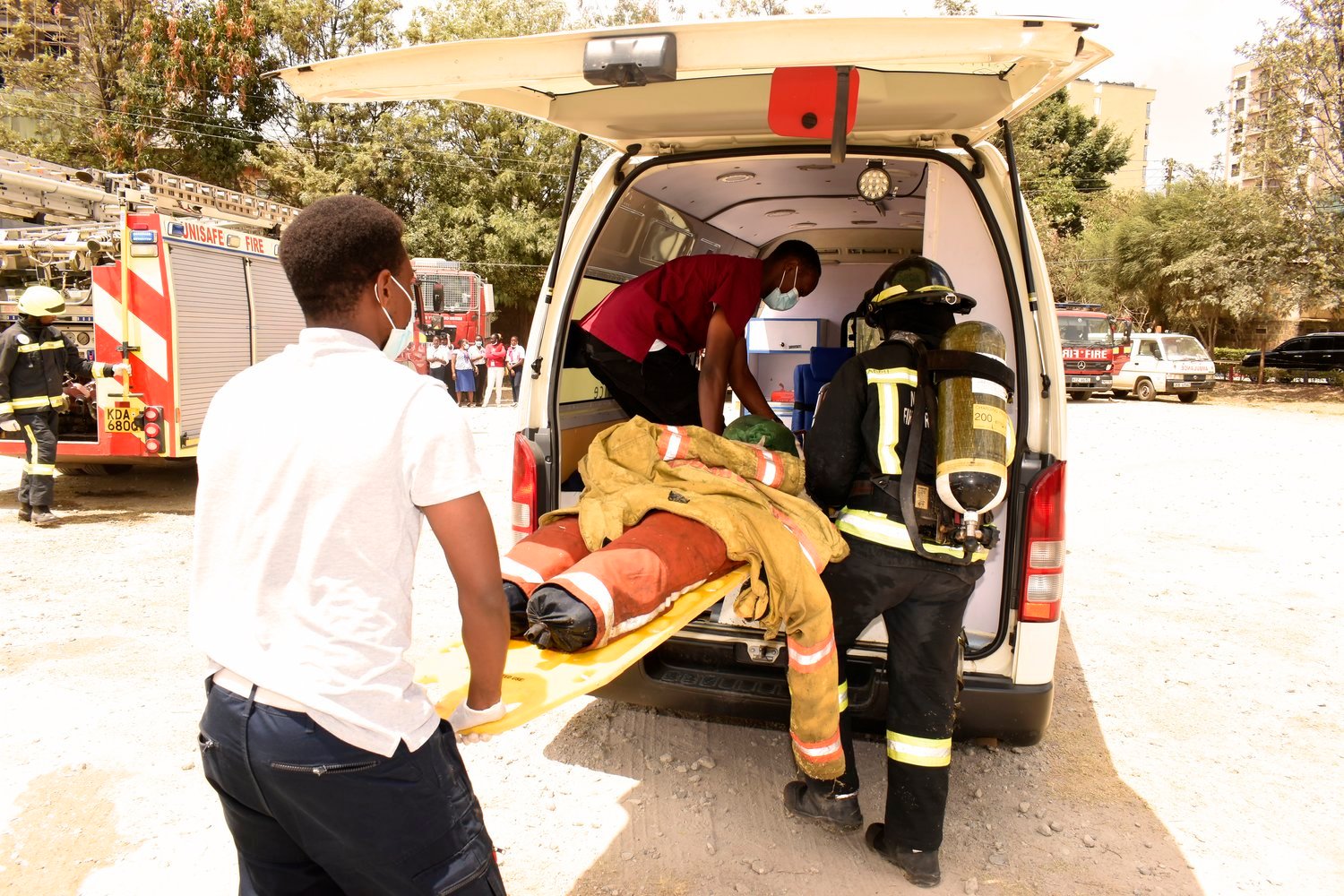Lifestyle
What Should You Do if Someone Is Having a Heart Attack?

What should you do if someone is having a heart attack? This is a million dollar question for obvious reasons.
Key is the fact that heart attack incidents have become common, going by records.
For example, according to the U.S. Centers for Disease Control and Prevention (CDC), every 40 seconds, someone has a heart attack in this country.
Every year, about 805,000 people have a heart attack. Of that number, 605,000 are first heart attacks. And 1 in 5 heart attacks is a silent one, meaning the person isn’t aware that it’s even happening.
So, what should you do if someone is having a heart attack? Interventional cardiologist Leslie Cho, MD, offers some helpful advice that can save a life.
Symptoms Of A Heart Attack
Heart attack symptoms can range from shortness of breath to a feeling of impending doom. Some other common symptoms of a heart attack include:
- Chest pain or pressure (angina).
- Discomfort in your arms, neck, back or jaw.
- Heart palpitations.
- Feeling lightheaded, dizzy or passing out.
- Nausea or stomach discomfort.
- Shortness of breath or trouble breathing.
While women have chest pain/pressure like men, they’re more likely to experience shortness of breath, nausea/vomiting and back or jaw pain.
Steps To Take During An Attack
In an emergency, it’s easy to panic. But staying calm helps ensure that your family member or friend (or even yourself) gets help — fast.
Step 1: Call For Help
“A heart attack is a serious medical emergency and calling 911 is the fastest way to get lifesaving treatment,” stresses Dr. Cho. “This is because the emergency medical service workers can begin interventions immediately when they arrive and on the way to the hospital.”
READ ALSO: What is This Gut Health & Why is it that important?
READ ALSO: Mental Health Challenge: Can Your Dietary Habits Be Of Help?
Step 2: Take Chest Pain Medicine
If you, or the person having the attack, have been prescribed chest pain medications, like nitroglycerin, use it. For those who don’t have chest pain medication, some healthcare providers recommend slowly chewing 325 milligrams of aspirin to help to minimize heart damage or prevent the development of a dangerous blood clot. But only do this if there isn’t a prior history of an aspirin allergy or a medical condition that could worsen because of it.
Step 3: Stay Calm
As you’re waiting for emergency care, try to remain calm, loosen any clothing and rest. If you suspect you’re having a heart attack, don’t eat or drink anything outside of medication, and if someone else is having a heart attack, don’t allow them to do so either.
Start CPR If Necessary
In the event the person you’re observing becomes unconscious and unresponsive, call 911 and check for a pulse. If there is no pulse, start CPR.
If it’s a child or infant, always do one minute of CPR before calling 911.
Why It’s So Important To Get Help Immediately
Again, if you have the slightest suspicion that someone (or even you) is having a heart attack, the first and most important thing to do is to call 911. Don’t call your healthcare provider or drive to the hospital. This can waste precious time for treatment. And certainly don’t wait and hope symptoms will disappear on their own.
There’s no penalty if it turns out to be a false alarm.
-Adapted from Cleveland Clinic

















